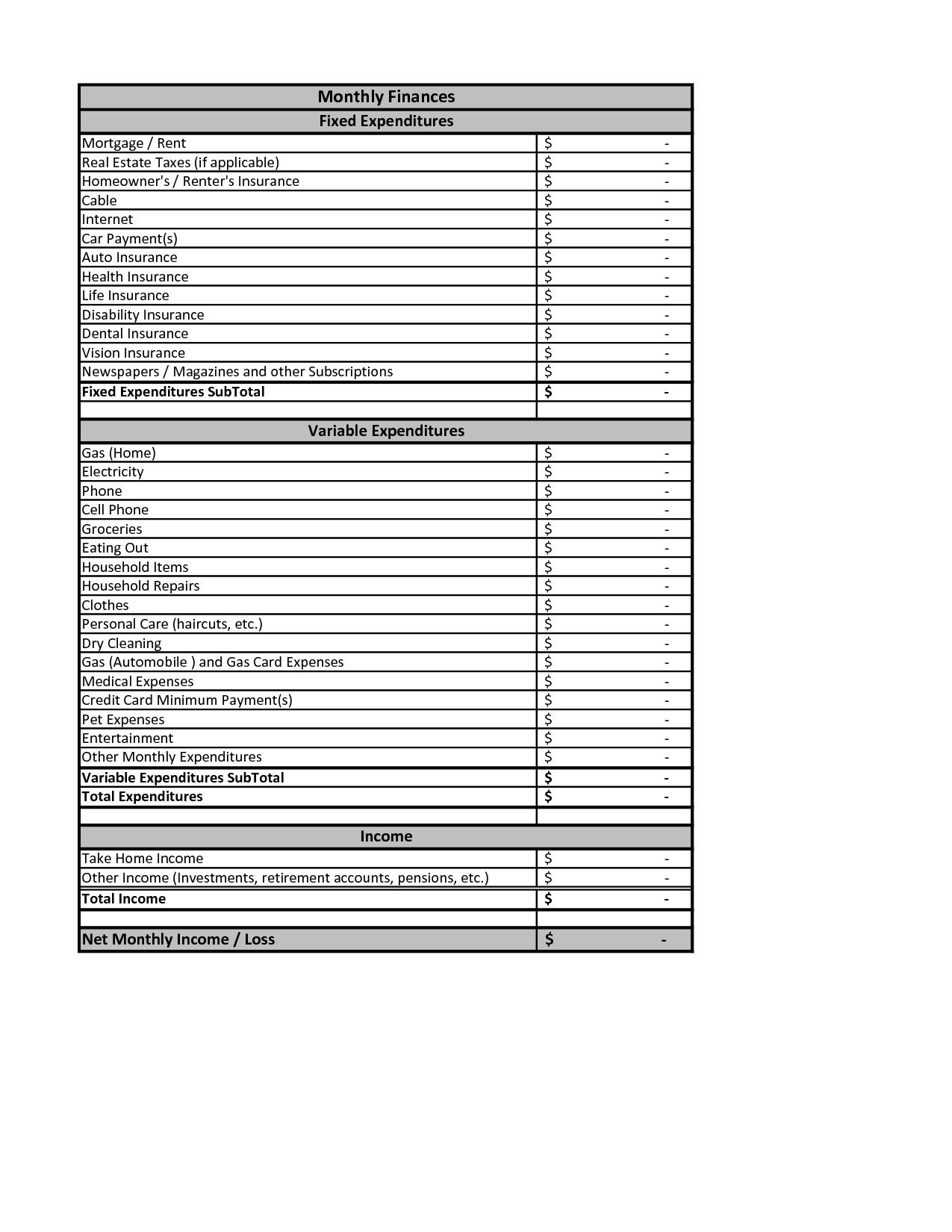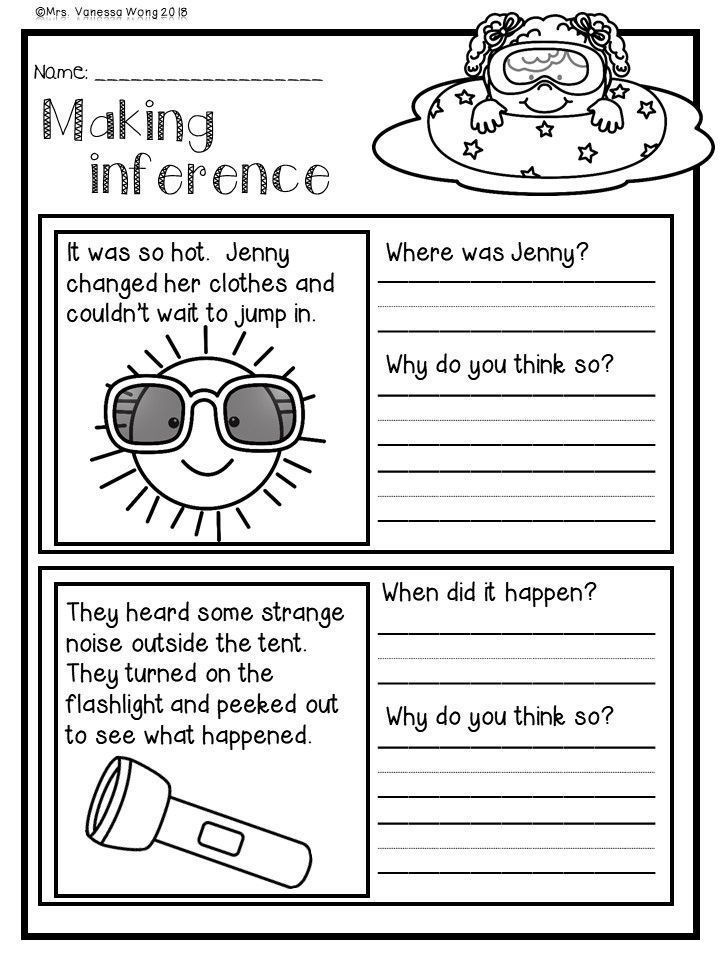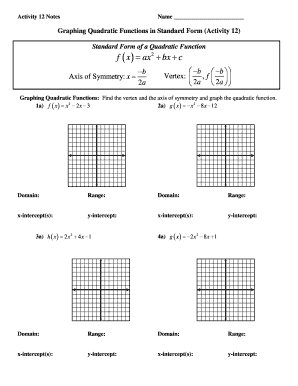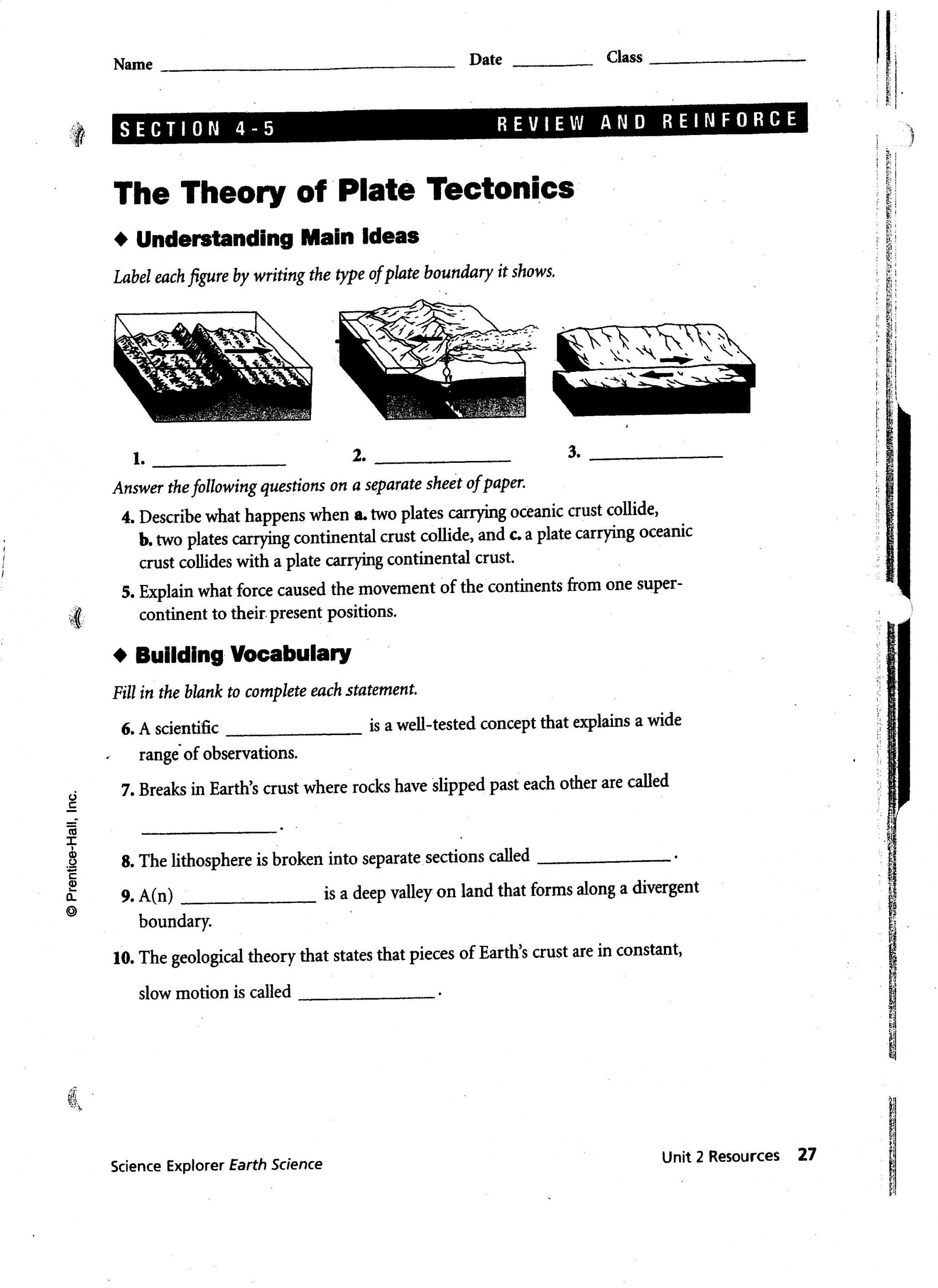Fine Motor Skills Worksheets

Importance of Fine Motor Skills in Children
Fine motor skills are a crucial part of a child’s overall development. These skills refer to the ability to make precise movements using the small muscles in the hands, fingers, and wrists. Fine motor skills are essential for a wide range of activities, from everyday tasks like dressing and feeding to academic skills like writing and drawing. In this blog post, we will explore the importance of fine motor skills in children and provide a comprehensive guide to creating effective fine motor skills worksheets.
Benefits of Fine Motor Skills
Developing fine motor skills has numerous benefits for children. Some of the most significant advantages include:
- Improved hand-eye coordination: Fine motor skills help children develop the ability to coordinate their hands and eyes, which is essential for activities like catching a ball or using scissors.
- Enhanced dexterity: Fine motor skills enable children to perform tasks that require precise movements, such as using utensils or playing musical instruments.
- Better academic performance: Fine motor skills are essential for academic skills like writing, drawing, and using a computer. Children with well-developed fine motor skills tend to perform better in school.
- Increased independence: Fine motor skills enable children to perform everyday tasks independently, which boosts their self-confidence and self-esteem.
Creating Effective Fine Motor Skills Worksheets
Creating effective fine motor skills worksheets requires careful consideration of several factors. Here are some tips to help you create worksheets that cater to different age groups and abilities:
- Age and ability: Tailor your worksheets to the age and ability of the child. For younger children, start with simple activities like coloring and drawing. For older children, you can include more complex activities like puzzles and mazes.
- Task-specific: Design worksheets that target specific fine motor skills, such as grasping, releasing, or manipulating small objects.
- Variety and repetition: Include a variety of activities to keep the child engaged, and repeat similar tasks to reinforce learning.
Examples of Fine Motor Skills Worksheets
Here are some examples of fine motor skills worksheets for different age groups:
- For Preschoolers (3-5 years):
- Coloring pages with large, simple shapes
- Drawing activities with crayons or markers
- Playdough creations with simple tools like rollers and shape cutters
- For Kindergarteners (5-6 years):
- Tracing activities with simple shapes and lines
- Cutting activities with safety scissors and straight lines
- Pasting activities with large, pre-cut shapes
- For Elementary School Children (7-10 years):
- Maze activities with simple and complex paths
- Puzzle activities with small, interlocking pieces
- Writing activities with simple sentences and short paragraphs
👍 Note: Always supervise children when they are using fine motor skills worksheets, especially when they are using scissors, glue, or other materials that can be hazardous if not used properly.
Table of Fine Motor Skills Activities

| Age Group | Fine Motor Skills Activity | Materials Needed |
|---|---|---|
| Preschoolers (3-5 years) | Coloring pages with large, simple shapes | Crayons, markers, coloring pages |
| Kindergarteners (5-6 years) | Tracing activities with simple shapes and lines | Pencils, paper, tracing worksheets |
| Elementary School Children (7-10 years) | Maze activities with simple and complex paths | Pencils, paper, maze worksheets |
Conclusion
Fine motor skills are a vital part of a child’s overall development, and creating effective fine motor skills worksheets can help children develop these skills in a fun and engaging way. By considering the age and ability of the child, tailoring worksheets to specific fine motor skills, and including a variety of activities, you can help children develop the skills they need to succeed in school and everyday life.
What are fine motor skills?
+Fine motor skills refer to the ability to make precise movements using the small muscles in the hands, fingers, and wrists.
Why are fine motor skills important for children?
+Fine motor skills are essential for a wide range of activities, from everyday tasks like dressing and feeding to academic skills like writing and drawing.
How can I create effective fine motor skills worksheets for children?
+Consider the age and ability of the child, tailor worksheets to specific fine motor skills, and include a variety of activities to keep the child engaged.
Related Terms:
- Fine motor skills activities
- Handwriting Fine Motor skills Worksheets
- Fine motor skills activities EYFS



